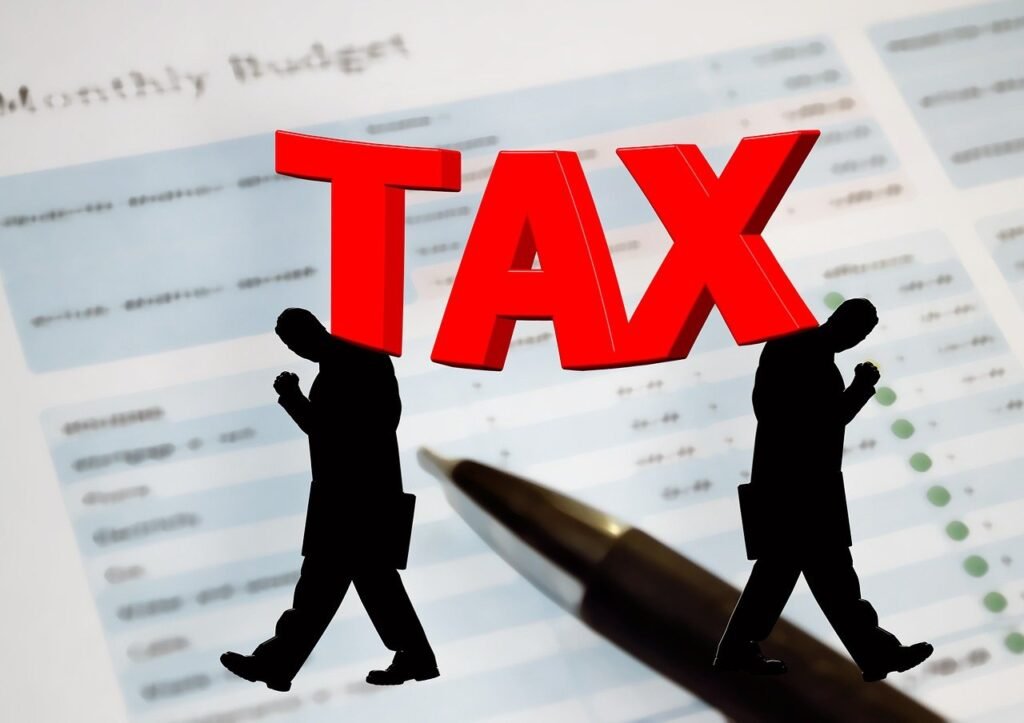As a professional accountant, it’s crucial to understand the various taxes in Canada and how to optimize them to minimize your tax burden. Canada has a complex tax system with different types of taxes, including income tax, sales tax, and property tax. In this comprehensive guide, we will explore the different taxes in Canada and provide strategies for tax optimization. Contact BOMCAS Canada Accounting and Tax Services today for all your accounting and tax needs
1. Income Taxes in Canada
Income tax is one of the most significant taxes in Canada. It is levied on individuals and businesses based on their income. The tax rates vary depending on the income bracket. The federal government and provincial or territorial governments both impose income taxes. Here are some strategies to optimize your income taxes:
Utilize Registered Retirement Savings Plans (RRSPs)
One effective way to reduce your taxable income is by contributing to a Registered Retirement Savings Plan (RRSP). Contributions made to an RRSP are tax-deductible, meaning they can lower your taxable income. Moreover, the investments within the plan grow tax-free until you withdraw the funds during retirement when your income and tax rate are potentially lower.
Take Advantage of Tax-Free Savings Accounts (TFSAs)
Tax-Free Savings Accounts (TFSAs) are another tax optimization tool. Contributions to a TFSA are made with after-tax dollars, but any investment growth and withdrawals are tax-free. TFSAs offer flexibility, as you can withdraw funds and recontribute them in future tax years.
Consider Registered Education Savings Plans (RESPs)
Registered Education Savings Plans (RESPs) not only help you save for your child’s post-secondary education but also offer tax advantages. Similar to RRSPs, investments within an RESP grow tax-free. When the funds are withdrawn, they are generally taxed in the hands of the student, who typically has a lower tax rate.
Split Income or Pension with Your Spouse
Income splitting can be advantageous for spouses or common-law partners. By transferring funds from a higher-income spouse to a lower-income partner, you can provide the latter with more investment income. Spousal RRSPs and pension income splitting are two strategies to achieve income splitting.
2. Sales Taxes in Canada
Canada has three types of sales taxes: the Provincial Sales Tax (PST), the Goods and Services Tax (GST), and the Harmonized Sales Tax (HST). The type and rate of sales tax vary by province or territory. Here are some tips for managing sales taxes:
Understand the Sales Tax Rates in Your Province
It’s crucial to be aware of the specific sales tax rates in your province or territory. Rates can vary from 5% in Alberta (GST only) to 15% in New Brunswick, Newfoundland and Labrador, Nova Scotia, and Prince Edward Island (HST).
Keep Accurate Records of Sales Taxes Paid and Collected
Maintaining detailed records of sales taxes paid and collected is essential for accurate reporting and compliance. Use accounting software or systems that can track and calculate sales taxes automatically.
Determine Your Sales Tax Obligations for Different Jurisdictions
If your business operates in multiple provinces or territories, you may have to register for and collect sales taxes in each jurisdiction. Familiarize yourself with the rules and requirements for each jurisdiction to ensure compliance.
3. Property Taxes in Canada
Property taxes are levied on the value of real estate properties, including land, houses, and commercial buildings. The rates and calculation methods for property taxes vary by province or territory. Here are some strategies for optimizing property taxes:
Understand Property Assessment and Taxation
Property taxes are based on the assessed value of your property. Familiarize yourself with the assessment process and ensure that your property is accurately assessed. Review your assessment notices and, if necessary, consider appealing an assessment that you believe is incorrect.
Take Advantage of Property Tax Exemptions and Rebates
In some cases, certain properties may be eligible for tax exemptions or rebates. For example, properties used for charitable or non-profit purposes may qualify for exemptions. Additionally, some provinces offer property tax rebates or credits for seniors or low-income individuals.
Consider Tax Implications When Buying or Selling Property
When buying or selling property, be mindful of the potential tax implications. Selling a primary residence usually qualifies for a capital gains tax exemption. However, for investment properties or vacation homes, capital gains tax may apply. Consult with a tax professional to understand the tax implications of your specific situation.
4. Other Taxes and Strategies
In addition to income taxes, sales taxes, and property taxes, there are other taxes in Canada that individuals and businesses may encounter. Here are some additional taxes and strategies for optimization:
Goods and Services Tax/Harmonized Sales Tax (GST/HST) Input Tax Credits
If you are a business owner registered for the GST/HST, you may be eligible to claim input tax credits (ITCs). ITCs allow you to recover the GST/HST paid on business expenses. Ensure you keep accurate records and claim eligible ITCs to reduce your tax liability.
Employment Taxes and Payroll Deductions
Employers in Canada are responsible for deducting and remitting employment taxes, such as Canada Pension Plan (CPP) contributions and Employment Insurance (EI) premiums, from their employees’ wages. Stay up to date with the current rates and ensure accurate payroll deductions.
Consider Professional Tax Planning Advice
Navigating the Canadian tax system can be complex. Consider seeking professional tax planning advice from an accountant or tax specialist. They can help you identify tax optimization strategies specific to your situation and ensure compliance with tax laws and regulations.
Conclusion
Understanding the different taxes in Canada and implementing tax optimization strategies is crucial for individuals and businesses. By utilizing registered accounts, splitting income, managing sales taxes, optimizing property taxes, and considering other tax strategies, you can minimize your tax burden and maximize your financial well-being. Stay informed about changes in tax laws and consult with a tax professional for personalized advice. Contact BOMCAS Canada Accounting and Tax Services today for all your accounting and tax needs
